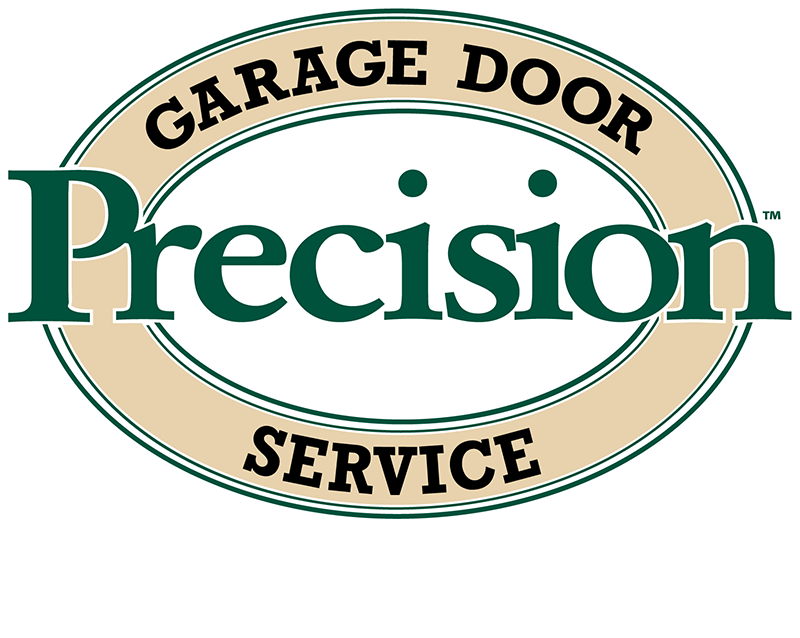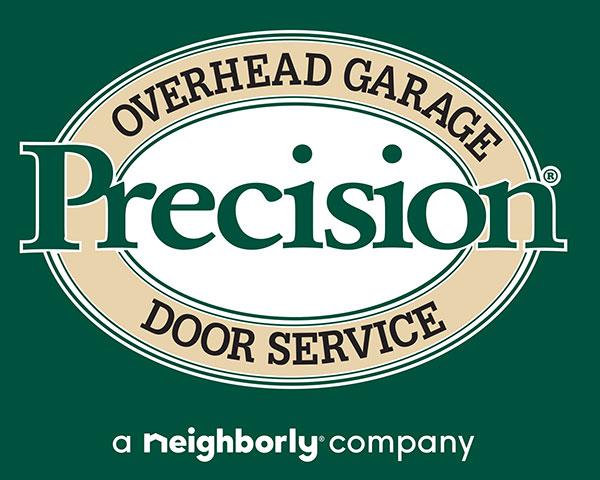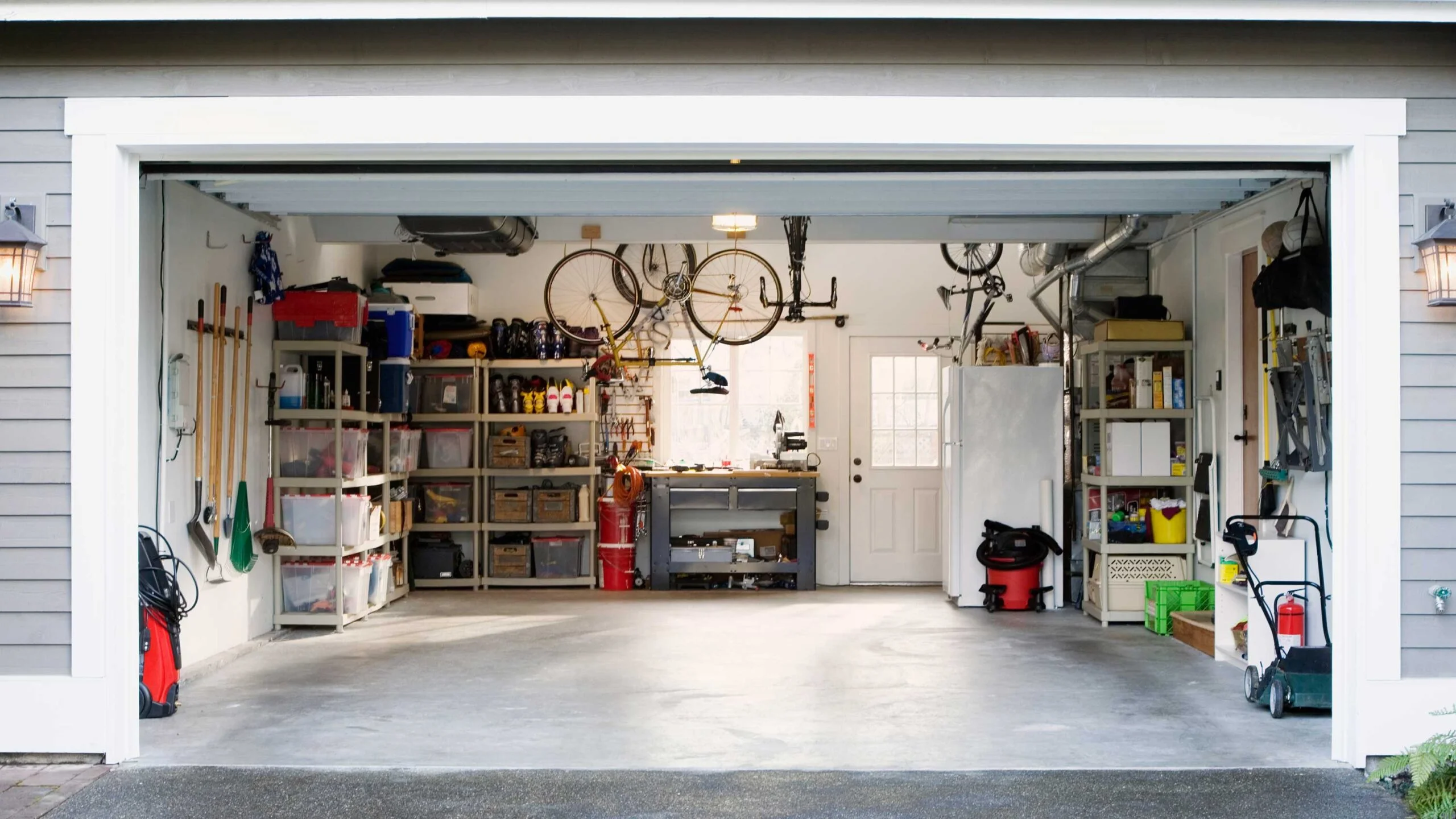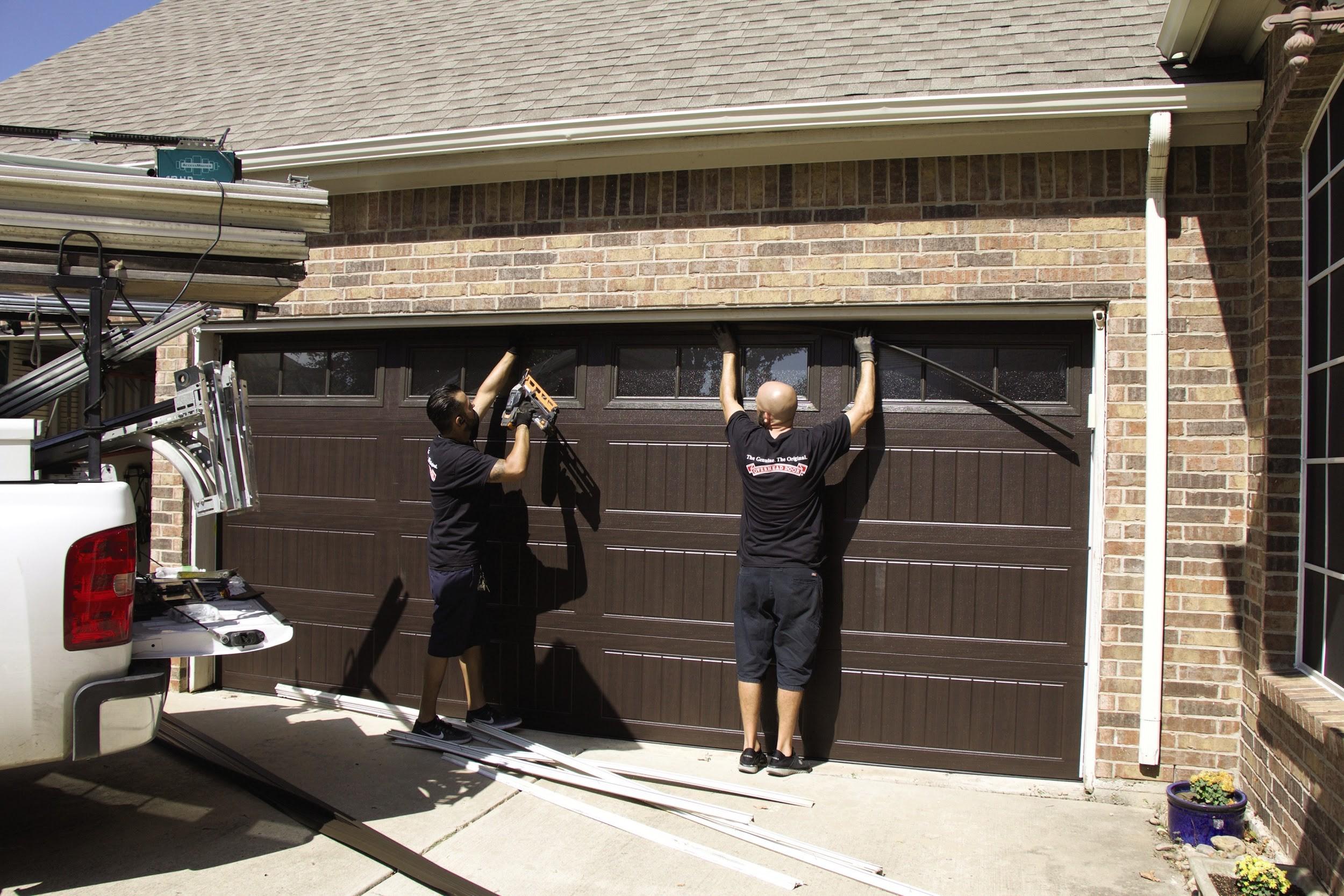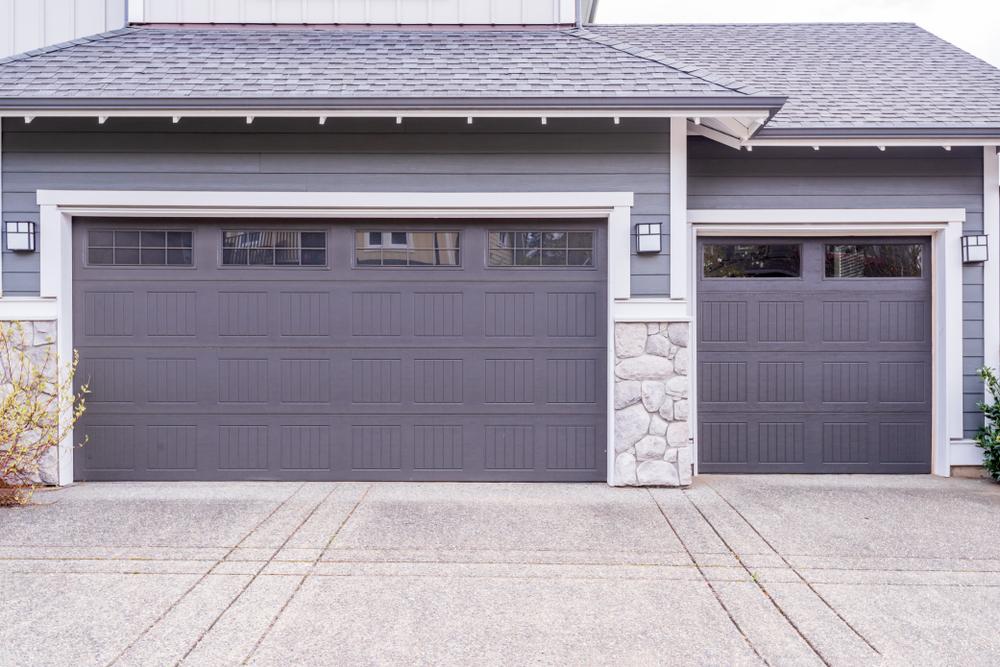 How to Decide Whether the Ideal Precision Door Should Be Light or Heavy
How to Decide Whether the Ideal Precision Door Should Be Light or Heavy
Do you have a garage? Then you need a garage door. And no, not all garage doors are the same. They differ in terms of weight and functionality. Before we get into that, why do you need a garage door to begin with? Let’s start with the obvious. It helps protect your home against thieves and other intruders. A good residential garage door will help keep your home safe and secure, but it can also add aesthetic appeal to your house. Pretty much any type of door will be an improvement over having no door at all. However, there are many factors to consider when choosing which make/model of Precision Door would best suit your needs. Keep reading to learn more.
Ideal Precision Door for a Garage
Garage doors come in many shapes, sizes, styles, and materials (steel is most common). Some have multiple panels that roll up on tracks; others roll up in one piece like a window blind or screen.
Steel doors tend to be heavier than those made from other materials such as aluminum or wood veneer, but they’re also more durable. This is great if you live in an area prone to high winds. A feature most homeowners look for when purchasing their next garage door opener is whether it has an automatic reverse option as this prevents accidents from happening.
There are two main types: Light Duty (LD) & Heavy Duty (HD). LD doors were designed primarily for residential use. At the same time, HD models are better suited for commercial applications like warehouses or garages, where cars may be parked inside and outside. Similarly, there is a huge difference between traditional and modern garage models.
Traditional Garage Doors
A traditional garage door is usually heavy and requires a lot of power to open and close. The heavier the door, the more likely it will break or distort in time due to lack of balance and strain. However, many people still use them because they will protect their property and have a long life span.
Remember that the more weight that has to be lifted by your automatic opener, the more power its motor will need, affecting battery life.
Modern Garage Doors
Modern garage doors in Southern California are usually made of steel but are much lighter than other types. In addition, they don’t rust like aluminum or wood materials. Many homeowners choose them because they don’t require as much maintenance as other types to work optimally and are easy to operate by themselves.
Steel doors are also easier to repair than other garage door materials. In most cases, you can do minor repairs without needing a professional’s assistance. They are also energy efficient because they have fewer heat transfer points between their outside shell and inside insulation than other material types (such as aluminum).
This means less thermal energy will get into your home through these doors during hot summer days and cold winter nights.
Light vs. Heavy Garage Doors
For a long time, the standard garage door was made of wood. But as wood has become more expensive and less durable, the trend has shifted to lighter materials.
Today, Precision garage doors are made from light or heavy materials depending on how they will be used. For instance, a heavy-duty garage door can withstand more abuse than a light-duty model. Light-duty doors are usually one-piece doors made from steel and have polystyrene insulation.
A heavy-duty garage door is made of several panels that are hung on hinges. The hinges allow the panels to move up and down when the door is opened or closed.
Heavy-Duty Garage Doors
Heavy-duty garage doors are heavier than light-duty doors because they are built with several pieces rather than one. The heavy-duty doors use springs to help them open and close. These springs can be dangerous if they break while the door opens or closes.
The materials that make up a heavy garage door include aluminum, vinyl, glass, fiberglass, and steel.
Light-Duty Garage Doors
Lightweight doors are a great option for garage doors that will be opened frequently, such as those at the front of your home or business, where opening and closing them quickly should be more important than having the heaviest-duty construction.
Lightweight Precision garage doors are constructed with composite materials and other durable materials, which means they can last longer and use fewer parts than heavier steel garage doors. They also use less energy to operate, so their installation requires less maintenance and Southern California garage door repair.
What Can Go Wrong With Light Garage Doors?
Some of the most common problems with light garage doors are:
• Damage to the door frame. Your Precision Door frame is at risk of being damaged if you have a lightweight garage door. Since this type of door is more susceptible to damage, it’s more likely that you’ll have to pay for repairs in the future.
• Susceptibility to dents and dings. If you live in a busy area or have kids who often play near your garage, your light garage door could be at risk of getting dented or otherwise damaged. This can affect how your garage functions and how safe it is for people nearby.
• Breaking due to severe weather conditions. When you live in an area that experiences extreme heat or cold, you need a garage door that can withstand these elements without breaking down over time. Lightweight garage doors don’t always last as long as their heavier counterparts, so they may break down after just a few years of use, particularly if they’re regularly exposed to harsh weather conditions.
Factors to Consider When Choosing Between Light- and Heavy-Duty Garage Doors
When choosing between light- and heavy-duty garage doors, you should consider a few factors. These include:
• Weight. It’s vital to consider the weight of your garage door when making a purchase decision. However, a lightweight model is generally easier and more comfortable to operate daily if you live in a particularly windy area or a region that is prone to tornadoes and hurricanes. A heavy model may be in your best interest as it can resist strong gusts better than its lighter counterpart.
• Environment. You’ll also want to consider the environment you live in when selecting the ideal garage door for your home. If you reside in a hot climate where temperatures reach triple digits during the summer months, an insulated, heavy garage door may be your best bet. On the other hand, if you live in an area with harsh winters, then an uninsulated door could save you money over time. It will cost less to heat your home while also reducing damages caused by ice and snow accumulation.
• Who will use it? How many people will be using your garage door? If you have young children or elderly parents, you may want to choose a lighter-weight model. This isn’t just for safety reasons. Heavy garage doors can be difficult for certain people to operate.
• What is your budget? Light-duty doors are cheaper than heavy-duty models. You can find plenty of inexpensive options that fit your needs. Heavy-duty doors tend to cost more because they last longer and require less maintenance than other materials.
If you’re looking for an affordable option, you should look at these models first before deciding which one is right for your home or business.
As heavier garage doors tend to perform better in the long run, light garage doors make the most sense for most homeowners. When you weigh the pros and cons of each type, it becomes clear why: Heavier doors are more likely to withstand intense storms and very high winds, but they’re also more expensive.
Carefully consider your budget and your needs before making a decision.
